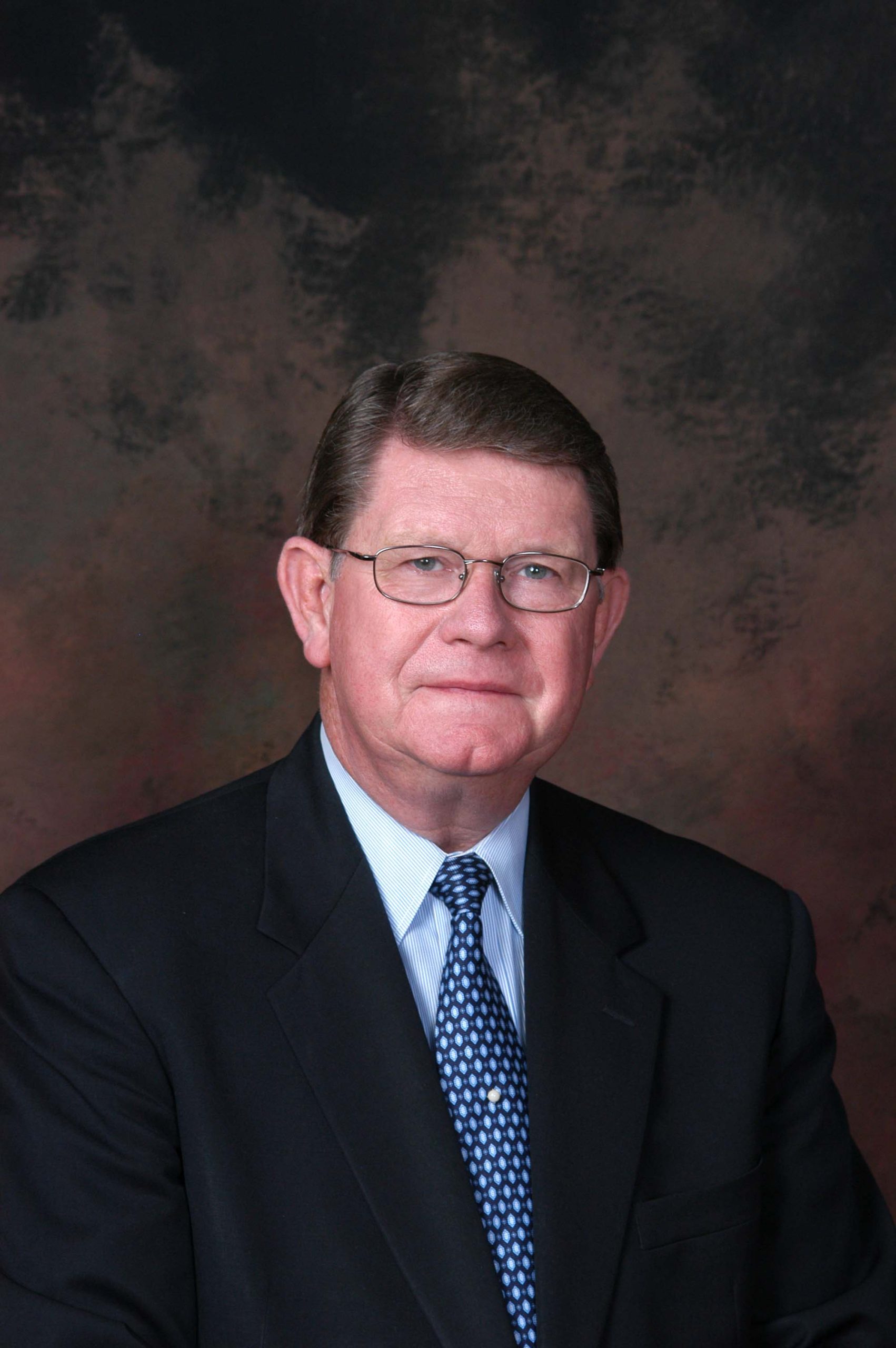Some information may be outdated.
After 40 years of working with hospitals, Roy Barraclough is retiring as Chief Executive Officer (CEO) of the Moab Regional Hospital.
Barraclough moved to Moab nearly seven years ago to take the helm of the county-owned Allen Memorial Hospital on 400 North. He oversaw the creation and transition to Moab Regional Hospital on Williams Way, as well as the development of the 36-bed Canyonlands Care Center. Barraclough oversaw both the hospital and care center.
He will serve as the interim administrator for the care center until a final decision is made by the The Canyonlands Health Care Special Service District.
“I hope that my assignment will continue with the care center,” Barraclough said.
Canyonlands Care Center is now facing significant financial issues due to changes in Medicaid reimbursement, state bed tax and employee benefits. At full capacity with 36 residents, Canyonlands Care Center is losing $15,000 a month. The care center can lose an additional $5,000 a month per empty bed.
“The care center is facing challenges that need to be faced immediately. My hope is to take the experience I have to address the problems that exist and bring the care center in to a financially viable situation again,” Barraclough said.
Mike Bynum, the chair of the board of directors for Moab Regional Hospital, expressed appreciation for Barraclough’s service.
“His commitment and contribution to the hospital were very much appreciated and helpful,” Bynum said. “He’s continuing to work on special projects. We will continue our working relationship and friendship.”
The board of directors is exploring different options for future management of the hospital. Moab Regional Hospital is now working with Quorum Intensive Resources (QIR), a healthcare consulting firm, to help the hospital improve its systems and services. Jim Richardson, a consultant provided by Quorum, will act as the interim CEO until a final decision is made.
Bynum said that the hospital will remain under the management of the seven-person board of directors. The hospital is now searching for a new hospital administrator. There is a possibility that board will contract with Quorum for managing the operations of the hospital.
“We’re exploring different options, including Quorum management,” Bynum said. “We were aware that it might morph into a longer term relationship, but at first we just wanted to deal with the turn-around.”
The hospital’s current contract with Quorum ends in February.
“In the last couple of months we have left, we are trying to determine what they may be able to provide in a long-term relationship,” Bynum said.
Moab Regional Hospital began working with Quorum when it was unable to make both payroll and a mortgage payment due to insufficient cashflow in May 2012. Payroll took precedence and the May mortgage payment was made five days after the grace-period ended.
Housing and Urban Development (HUD) recognized it as a technical default and they began monitoring the hospital very closely, Barraclough said in a previous interview. HUD provides insurance on the hospital’s $30 million mortgage.
“The board is certainly interested in having a CEO and a partnership with a larger organization that would provide the expertise to provide health care services in a fiscally responsible manner,” Bynum said. “Quorum has a lot of background and expertise. They have information regarding new health care law.”
Bynum said that he and other board members have been meeting regularly with hospital department heads as they prepare to make a final decision whether to hire an independent CEO or work with Quorum.
“In a community like Moab we need to have input and buy in from the hospital staff and physicians as well as the community for the direction we take with the hospital,” Bynum said. “We have a staff that is extremely committed and loyal.”
Bynum credited Barraclough for staff development.
“He did a wonderful job in pulling the staff together as a team to get us through some difficult times,” Bynum said.
Barraclough expressed his appreciation for Moab Regional Hospital staff and physicians. He stressed the importance of treating hospital employees with respect, that they may in return provide compassionate service to hospital patients and their families.
“People who come here are scared. They don’t want to be here, because of the uncertainty of how things will turn out. If we don’t demonstrate the understanding of that fact, and that they are cared for as people, and that we have compassion to their situation – it will be a less than satisfactory situation,” Barraclough said. “We can’t control the outcome, but we can control how we treat people.”
One of the things that Barraclough said that he has had the most difficulty in dealing with as he prepares for retirement is the realization that he won’t be able to interact with the staff on a regular basis.
“I pray the next person who sits in this desk understands that and is committed to nurturing that culture so we can insure the human side here at Moab Regional Hospital,” Barraclough said. “Our people are as important as our dollars.”
Appreciate the coverage? Help keep local news alive.
Chip in to support the Moab Sun News.





